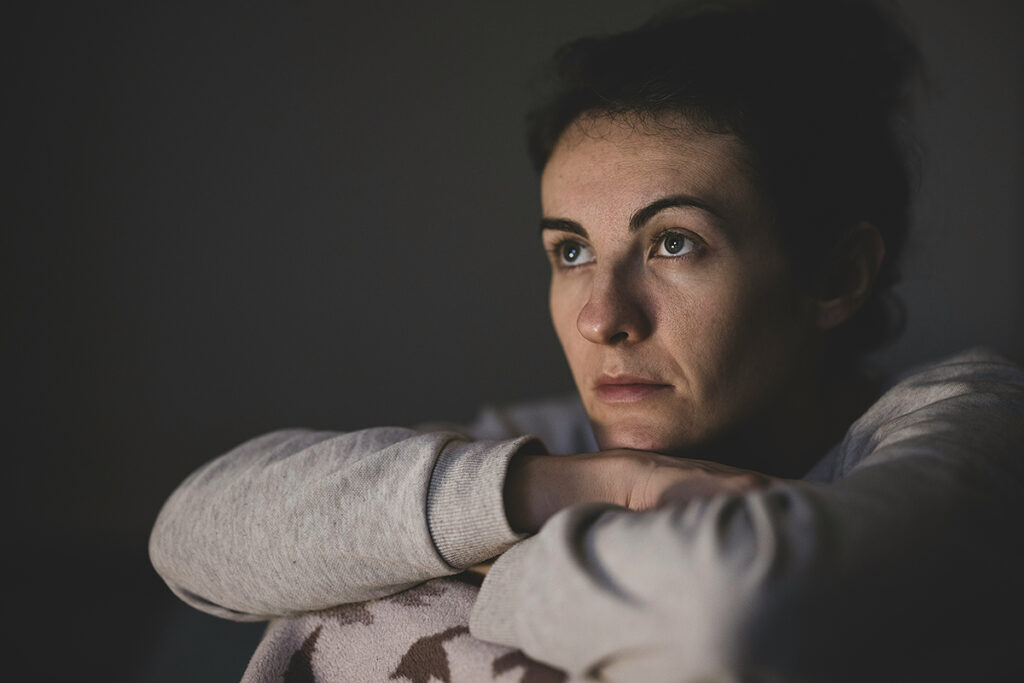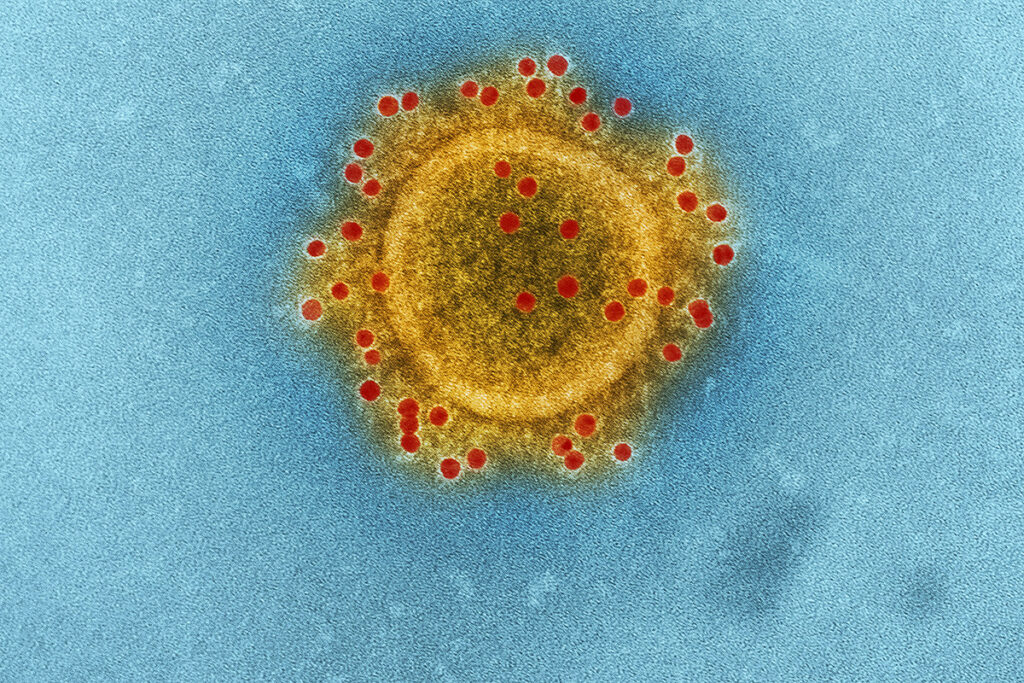Type I interferons (IFNs) play a vital role in the body’s fight against viruses, including coronavirus, as IFNs prevent the development of severe COVID-19. Some patients have autoantibodies that block the effect of interferons. IFN autoantibodies are associated with severe COVID-19.
After acute COVID-19, about 20% of patients experience long-term consequences of the coronavirus named post-COVID syndrome. Symptoms of post-COVID syndrome include chronic fatigue, headaches, shortness of breath, and depression. It is not known what exactly leads to the symptoms of post-COVID syndrome, but it is assumed that its mechanisms are the long-term persistence of the virus in the body, endocrine disruption, autoimmune reactions, and persistent inflammation.
Possible mechanisms of post-COVID syndrome include dysfunction of the interferon system. Continuous interferon signaling may promote the formation of autoantibodies to IFN. Long-term activation of the interferon system and the presence of autoantibodies to IFN may contribute to the development of chronic fatigue, also observed in autoimmune diseases.
A group of scientists from Germany and Switzerland found out how autoantibodies to IFN and activation of interferon-stimulated genes (ISGs) influence the development of chronic fatigue in patients who have had COVID-19.
The study included 128 adult patients with post-COVID syndrome. Fatigue persisted for at least 12 weeks following COVID-19 diagnosis. The control groups are patients without chronic fatigue after coronavirus and patients with severe COVID-19.
In patients with post-COVID syndrome, autoantibodies to IFN-α2 were not detected, but autoantibodies to IFN-β were found in 1.6% of patients. These autoantibodies showed weak neutralizing activity and were unlikely to be clinically significant. In the non-fatigue control group, autoantibodies to IFN-β were not detected. In one patient with severe COVID-19, they were found but also did not have neutralizing activity. Autoantibodies to IFN-β are rare among patients with post-COVID syndrome and are unlikely to play a significant role in the development of fatigue after COVID-19.
Autoantibodies to interferon omega (IFN-ω) were present in 4.7% of patients with post-COVID syndrome, as well as in 14.3% of patients who had severe COVID-19 and in 2.6% of patients without fatigue. Neutralizing activity of autoantibodies to IFN-ω was found in only one patient with post-COVID syndrome.
Conclusion
The prevalence of autoantibodies to type I IFN in patients with post-COVID syndrome does not differ significantly from their presence in the general population. Autoantibodies to type I IFN are present in 0.2-1.1% of people younger than 70.
Development of autoantibodies to IFN-I during life is a rare event that may be associated with acute viral infections, systemic inflammation, or chronic exposure to IFN-I, such as in patients on IFN-based anticancer therapy.
The level of autoantibodies to type I IFN is not associated with fatigue in post-COVID syndrome. In addition, there is no association between ISG levels and fatigue. Thus, autoantibodies to type I IFN and dysfunction of the IFN system are likely not significant factors in the development of fatigue in post-COVID syndrome.
Useful article, necessary information? Share it!
Someone will also find it useful and necessary:



